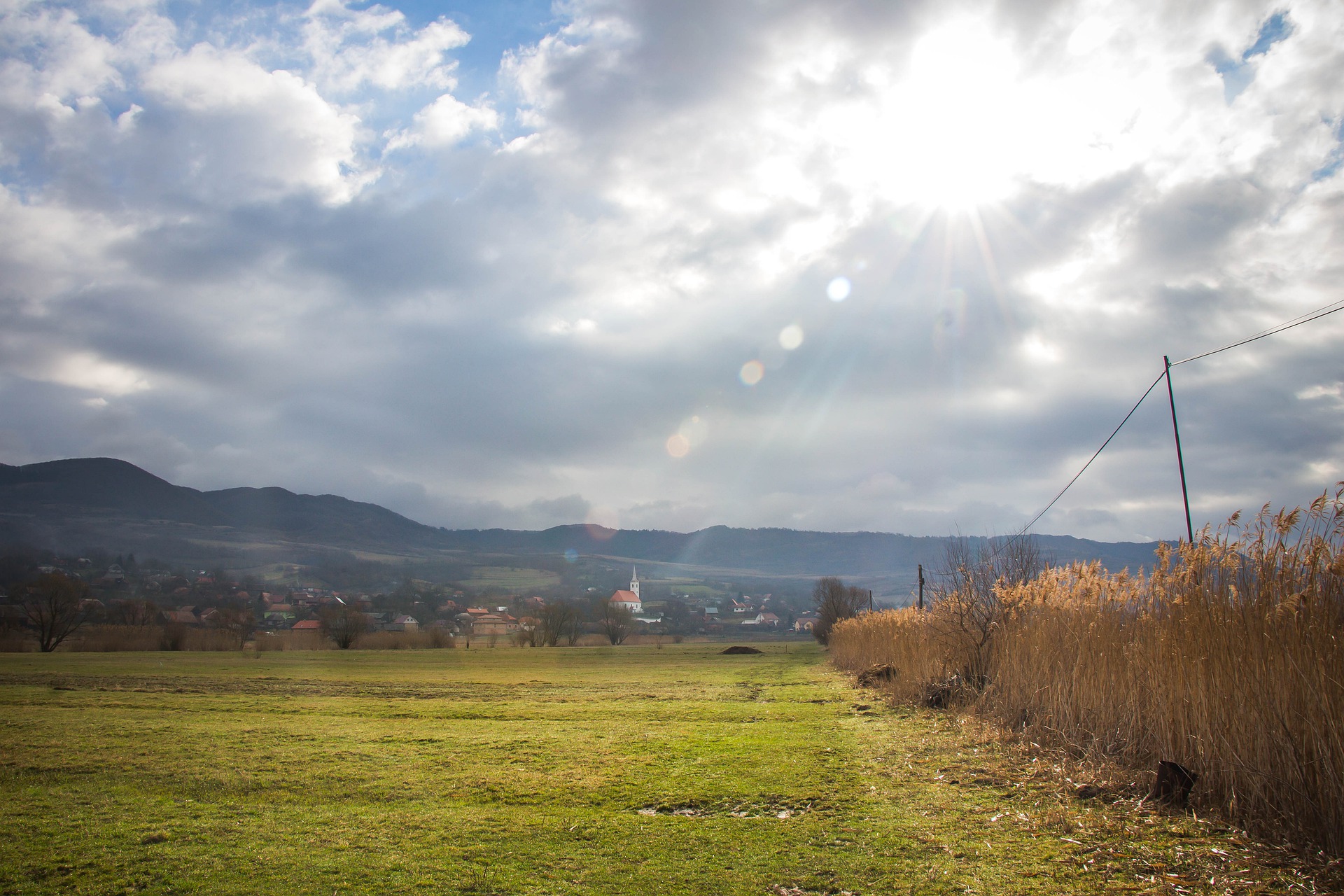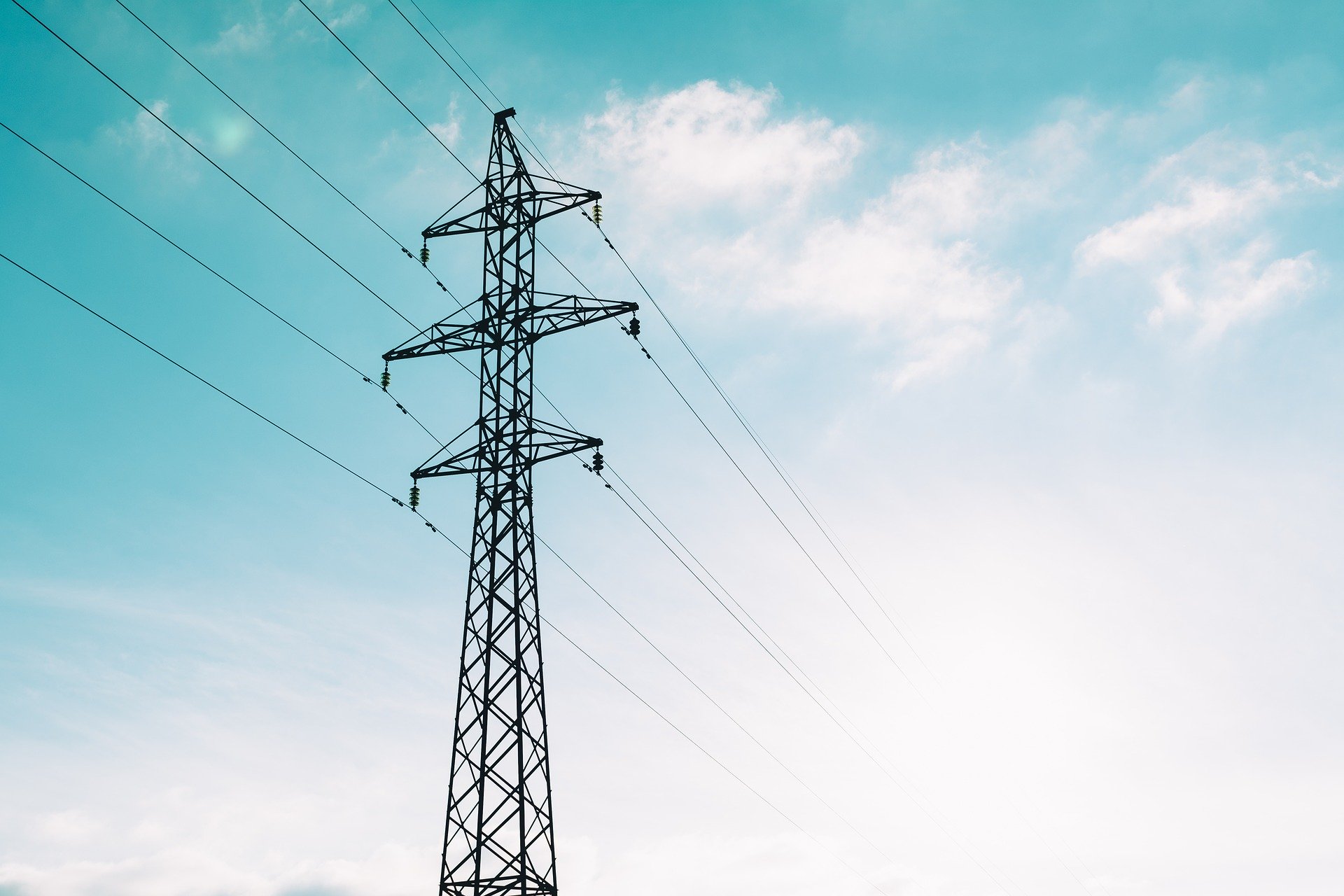Alleviating Energy Poverty in Romania
This project is completed. Increasing the capacity of local stakeholders in the Cluj-Napoca Metropolitan Area (CNMA) by designing a new strategy to mitigate GHG emissions through energy poverty (EP) alleviation.
Energy Poverty Energy Transition and Climate-Neutral Buildings

Project info
Romania
11/19 - 04/21
Associations, Consumers, Local governments, Public sector
141,970.10 €
Contact info
George Jiglau
- adelphi research gGmbH
- Municipality of Cluj-Napoca (City hall)
Background
EP affects especially South-Eastern Europe persistently resulting in a lower quality of life. In Romania, it affects over 20 per cent of households. The driving factors are low energy efficiency in housing and household appliances, inadequate consumption habits, limited access to diversified sources, rising energy prices, and low income. Cluj-Napoca is illustrative for energy poverty in Romania, comprising all its potential factors and negative effects in a very rapidly developing urban setting.
Not all barriers to increase energy efficiency and related climate effects have yet been addressed: EP with its ramifications is not properly understood and integrated into policy-making, especially locally; specific data are absent and there is hardly any analysis of the correlation between existing data sets, whereas existing data does not materialize in policy tools. For all these reasons, there is also a general lack of information and engagement of relevant stakeholders.
To change this, public awareness-raising and better preparation of the local decision-makers to take action on the issue and to prepare them for the implementation based on real data indicators is important.

Project
To reduce energy demand and GHG emissions in the targeted region, the project developed tailored solutions for EP alleviation. It addressed local authorities in Cluj-Napoca, individual tenants and tenant associations, energy providers, NGOs, and universities, aiming to raise awareness for EP and to jointly develop possible solutions. By integrating EP alleviation into the regional and national climate policy strategies, it increased CNMA’s and Romania’s climate action.
Over a period of 1.5 years, the project included four actions. First, mapping the socio-spatial dimensions of EP and quantifying its impact on households and GHG emissions. Second, delivering a strategy proposal and policy paper on energy poverty in Cluj-Napoca. Third, developing an online information platform informing individual tenants and tenant associations and allowing them to evaluate their situation and to access individualized decisions on how to improve their energy consumption and related climate effects. Fourth, delivering a series of stakeholder workshops as well as upscaling and dissemination activities.
Results
- The project contributed to the new Housing and Centralised District Heating Strategy of the City of Cluj-Napoca (CNMA), as the developed proposals on energy poverty and reduction of CO2 emissions were incorporated and taken into account by local policy-makers.
- The project has carried out the mapping of energy poverty in CNMA and an analysis of the strategies to alleviate energy poverty and related climate impacts, focusing on local actors.
- It has used data from a household survey as a basis for the creation of the Cluj-Napoca energy poverty map, which is accessible online. The map continues to be used. Based on the findings, a strategy was written, which has been fed into the local policy level, as mentioned above.
Last update: July 2024
